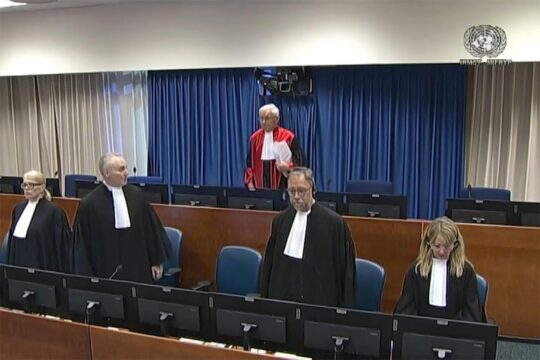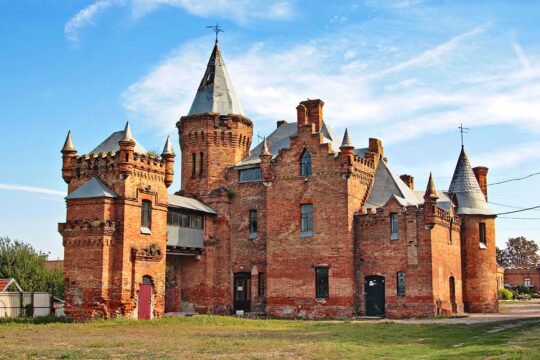A French general has defended France's response to the 1994 Rwandan genocide, saying his troops did not give so much as a bullet to the perpetrators and did not immediately grasp the scale of the killing, sources said Sunday.
General Jean-Claude Lafourcade was questioned over claims that France's UN-mandated Operation Turquoise, which he led, left ethnic Tutsis to be slaughtered by Hutu killers in the western Bisesero hills in June 1994, sources close to the case said.
French soldiers had been deployed in Rwanda a few days earlier under UN instructions to stop the genocide that had begun in April, and which three months later had left at least 800,000 people dead, most of them Tutsis.
Lafourcade, who appeared as an "assisted witness" -- meaning he has not been charged but can be summoned for questioning at any time -- again refuted the accusations during lengthy hearings on January 12 and 14, the sources said.
The retired general, now 72, dismissed as "completely false" allegations that French soldiers supplied arms to the Hutu extremists.
"I will say it again here. No munitions, not even a bullet, was given by Operation Turquoise" to the Hutus, Lafourcade told a judge. "Where the French soldiers were, there were no massacres nor abuses."
"It took some time for the reality of the genocide to sink in seeing... the presence of mass graves, burned villages," he added.
There was "a general underestimation -- French and international -- of the involvement of local and government authorities."
'Very much alone' -
In 2005 survivors filed a complaint in France, saying the French troops had on June 27, 1994 vowed to return to Bisesero, but when they came back three days later, it was too late for hundreds of Tutsis who were massacred.
Lafourcade said he was short staffed, with a unit of 120-130 soldiers and had as priority the "evacuation of the sisters of Kibuye" nuns in western Rwanda.
He was concerned about "thoughtlessly" launching patrols in the country's interior, fearing the kind of attack on troops that had befallen American soldiers in Somalia in 1993.
"I can only regret the death of the Tutsis who died during these two days," he said. "We were very much alone."
His lawyer Pierre-Olivier Lambert told AFP that Lafourcade was "very glad to have finally been able to testify before the French justice system as he has been asking to do for many years."
Rwandan President Paul Kagame has accused Paris of complicity in the genocide because of its support of the Hutu nationalist government that carried out the mass slaughter.
Paris has repeatedly denied the accusations and insists that French forces had worked to protect civilians. Bilateral relations, completely frozen from 2006 to 2009, remain tense.





